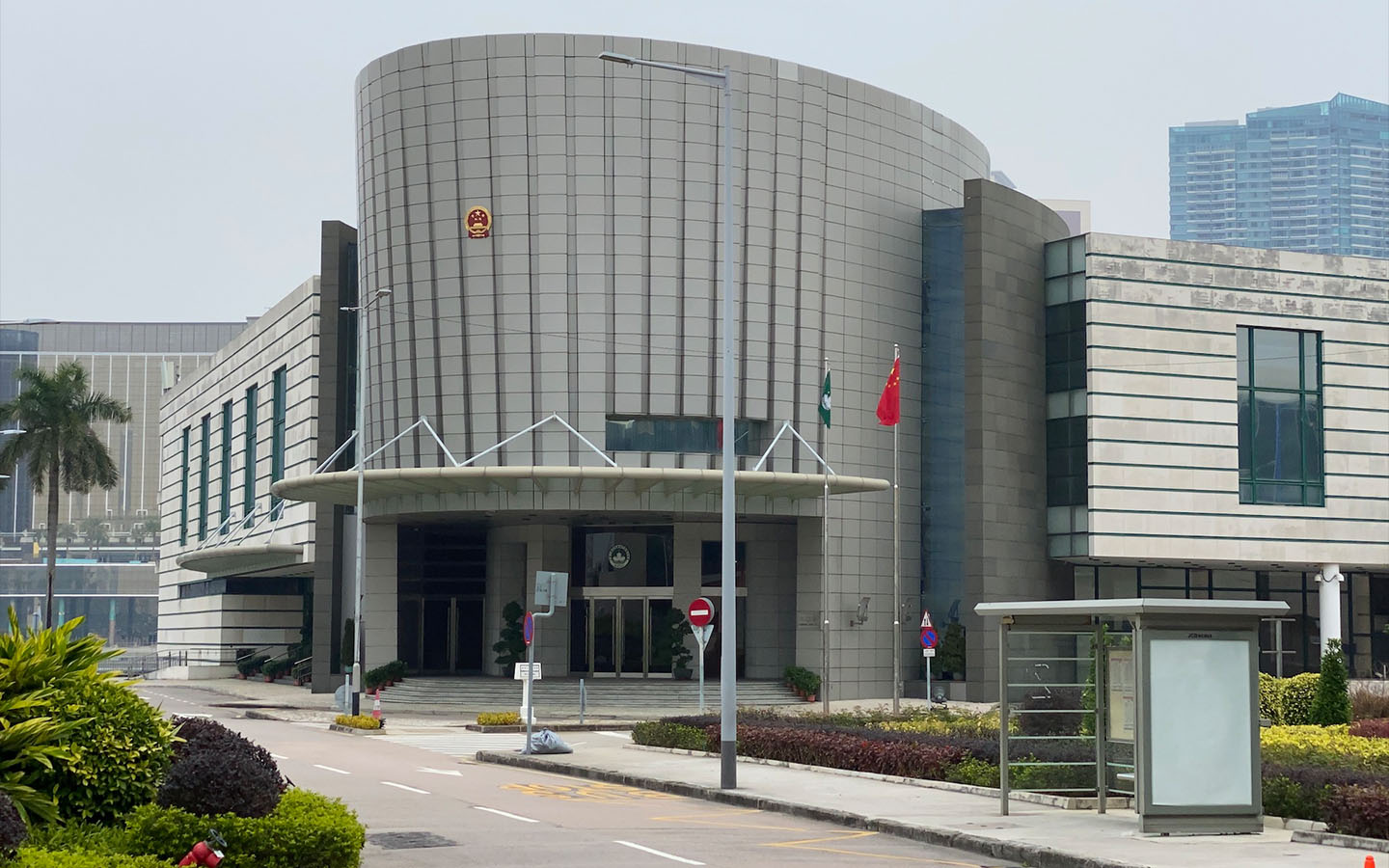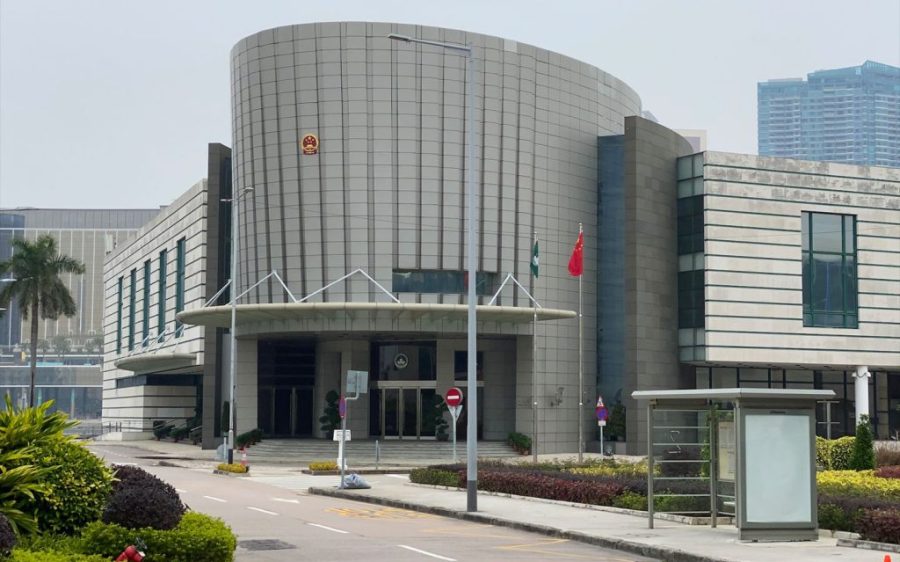A total of 175,272 votes were cast in the direct ballot of Macao’s 2025 Legislative Assembly election on Sunday – the highest figure since administration of the city was handed over from Portugal to mainland China in 1999.
According to data from the Electoral Affairs Commission, the 2025 direct election figure represents an increase of 27.67 percent (37,993 votes) in comparison to the 137,279 ballots recorded during the 2021 election.
Out of the votes that were cast, a total of 162,208 were deemed eligible, as 5,987 were blank, while another 7,077 were categorised as invalid.
Although the number of votes submitted hit a historic high, voter turnout was at its third lowest, with only 53.35 percent of the 328,506 registered voters casting their ballots. This is behind the all-time low of 42.38 percent in 2021 and 52.34 percent in 2001.
The chair of the Electoral Affairs Commission, Seng Ioi Man, said the body had no expectations on voter turnout, telling local reporters that the relevant numbers have historically fluctuated due to many different reasons.
In terms of the winners, the pro-democratic organisation Nova Esperaça (group 2) earned 26.73 percent of the votes (43,361 votes) – the most out of all six groups that fielded candidates for the 14 direct legislature seats. Three of its candidates won seats, including José Maria Pereira Coutinho, Chan Hao Weng and Che Sai Wang.
The runner-up was Associação dos Cidadãos Unidos de Macau (group 1), which garnered 18.16 percent of the votes (29,459 votes), bagging three seats for Song Pek Kei, Lei Leong Wong and Chan Lai Kei.
In third place was União Para O Desenvolvimento (group 5), which gained 16.91 percent of the votes (27,431 votes), earning two seats for Lei Cheng I and Leong Sun Iok.
The remaining three organisations each received two seats as well. They include União Promotora Para O Progresso (group 3), União de Macau-Guangdong (group 4) and Aliança de Bom Lar (group 6), which earned 13.41 percent (21,745 votes), 13.23 percent (21,461 votes) and 11.56 percent (18,751 votes) of the votes respectively.
The winning candidates for União Promotora Para O Progresso were Leong Hong Sai and Ngan Iek Hang. Meanwhile, Lao Chi Ngai and Lee Koi Ian of União de Macau-Guangdong, as well as Wong Kit Cheng and Loi I Weng of Aliança de Bom Lar also won seats.
[See more: Macao Legislative Assembly election: preliminary results revealed]
Following the election, Coutinho pledged that “we will put our utmost effort and express in the greatest way possible our opinions to the SAR government in the hopes that we can improve our present situation in Macao.” He singled out youth employment as one of the biggest issues in the city and said he hoped to improve other areas, including housing, health and road construction.
Meanwhile, Song said her organisation would thoroughly implement its political platform, especially as it relates to economic diversification. Song said that “Economic diversification is a very important issue in terms of Macao’s future, long-term sustainable development.”
Twelve indirect seats were also contested during this year’s election. A total of 7,541 voters participated in the indirect election, with the turnout rate at 88.12 percent.
The highest number of votes went to the social services and educational sector’s Associação de Promoção do Serviço Social e Educaçao, which attracted 1,969 ballots, earning one seat for Ho Iong Sang.
In second place was the culture and sport sector’s União Cultural e Desportiva do Sol Nascente, which collected 1,648 votes, with a seat for Angela Leong On Kei and Ma Chi Seng.
The União dos Interesses Empresariais de Macau, a group representing the industrial, commercial and financial sector, gained the third highest number of votes, with a total of 1,021 ballots. It earned four seats for Jose Chui Sai Peng, Ip Sio Kai, Si Ka Lon and Kevin Ho King Lun.
Other candidates who won indirect seats included Leong Pou U and Lam Lon Wai, who both represent the labour sector, and Iau Teng Pio, Vong Hou Piu and Wong Chon Kit, who are in the professional sector.
In a statement issued this morning, Chief Executive Sam Hou Fai congratulated the winners of the direct and indirect elections. He highlighted the fact that the current election was the first to be held since the Legislative Assembly revised the election law, which only allows those passing stringent national security vetting to be admitted to the legislature.
In the lead up to Sunday’s polling, the authorities disqualified 12 potential candidates and apprehended former pro-democracy lawmaker Au Kam San on national security grounds.






